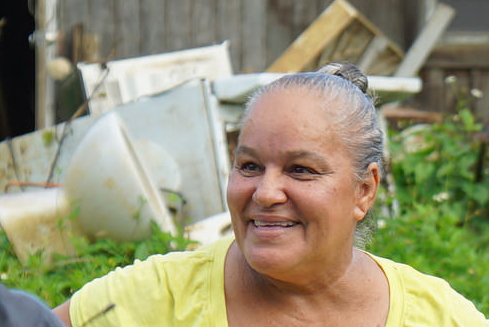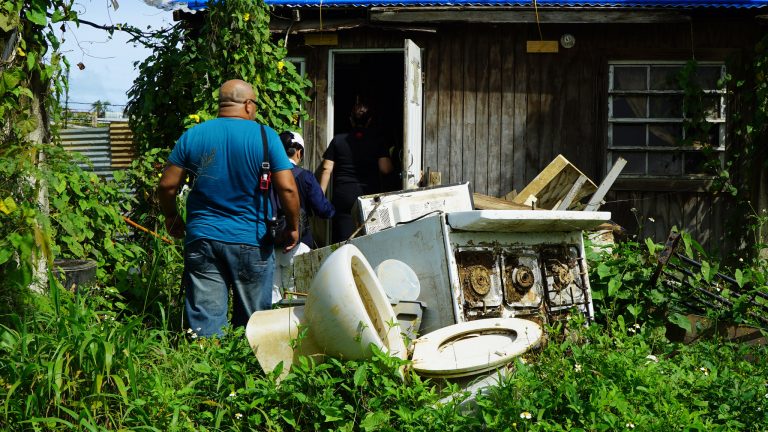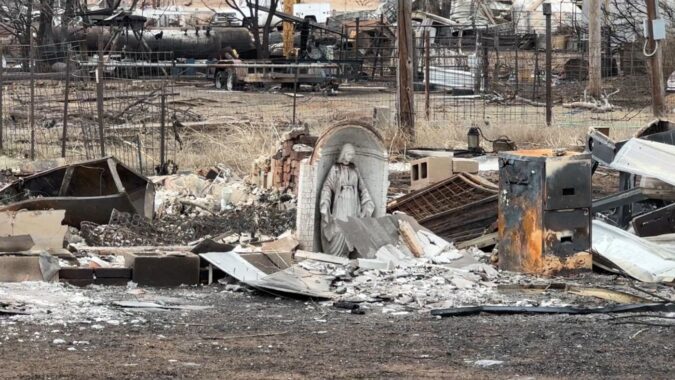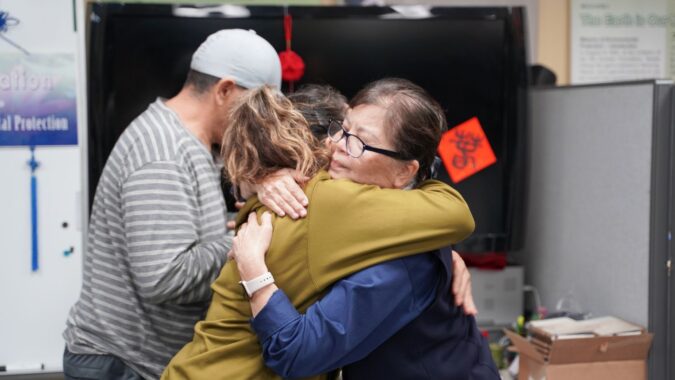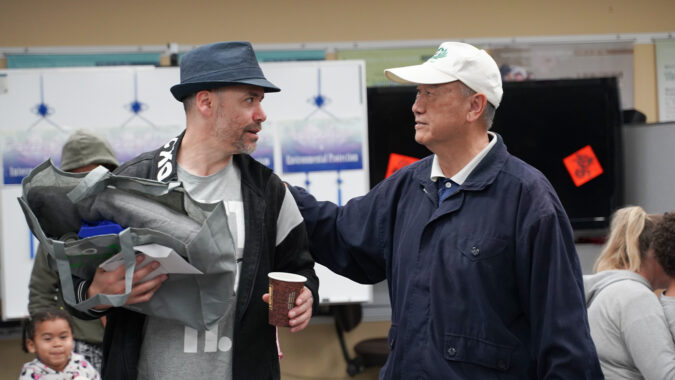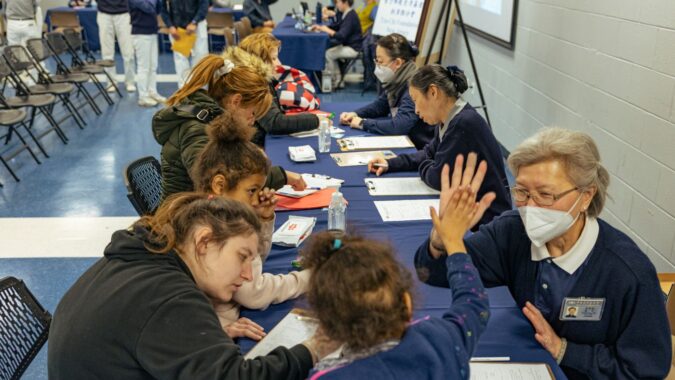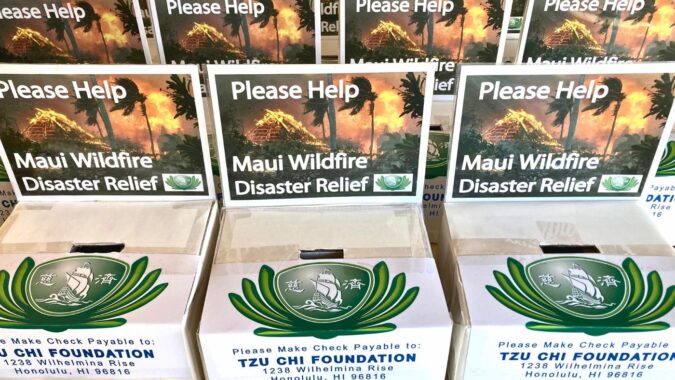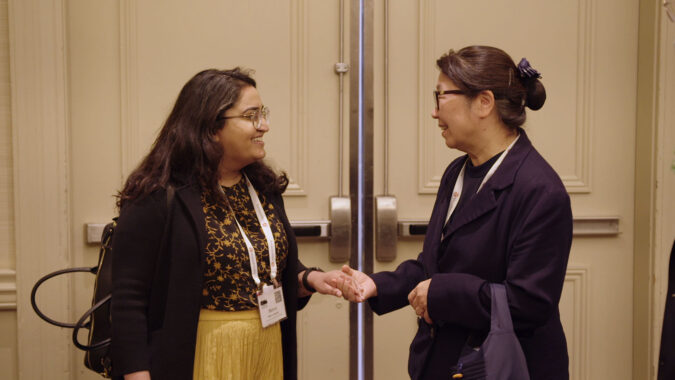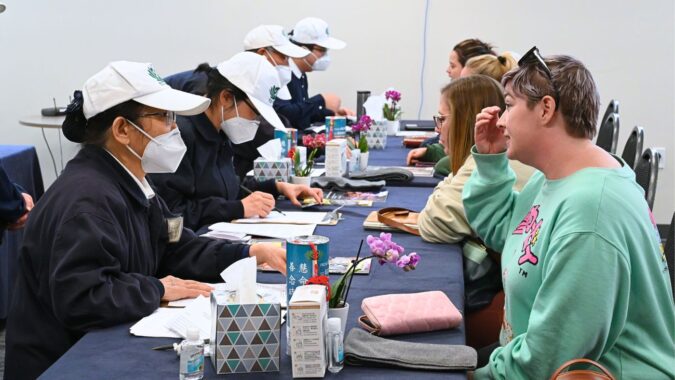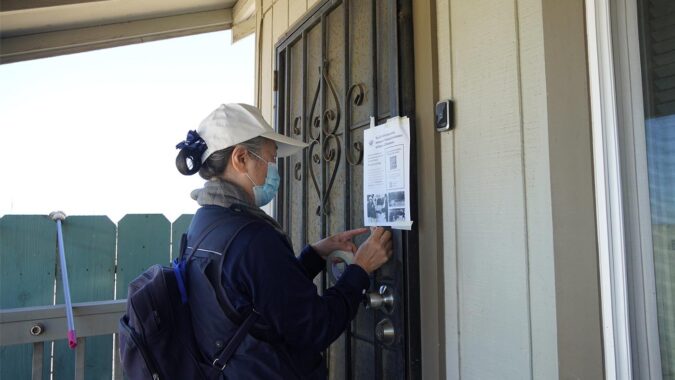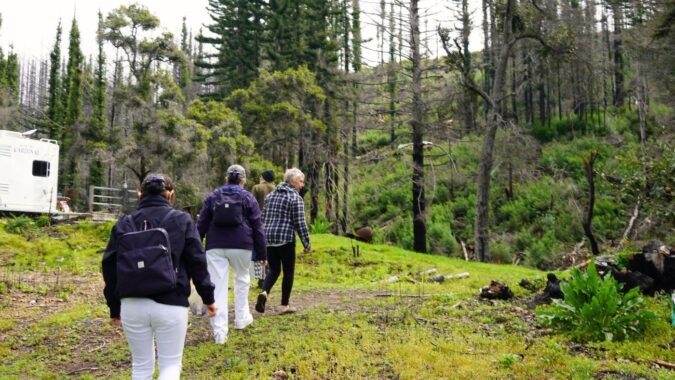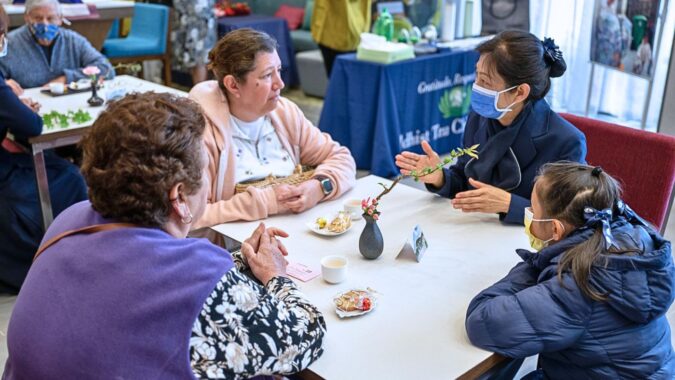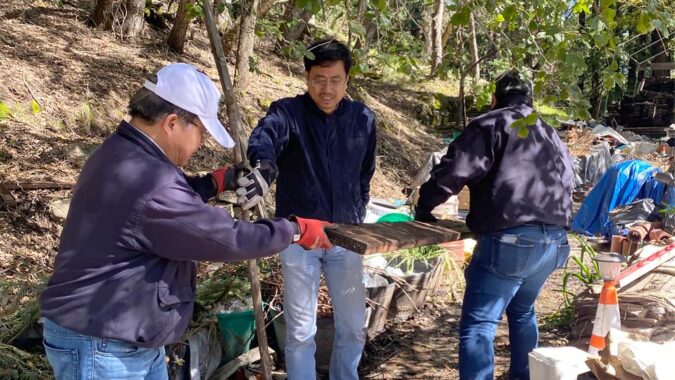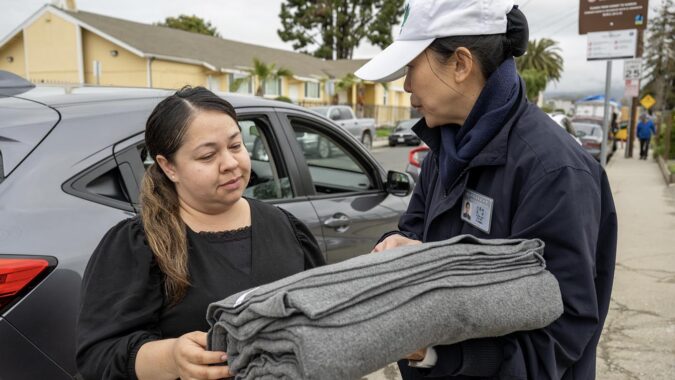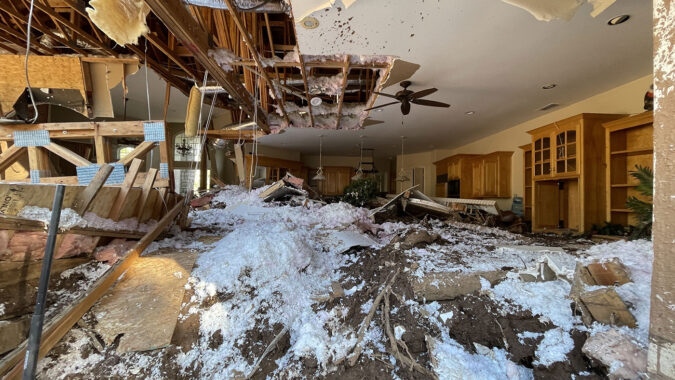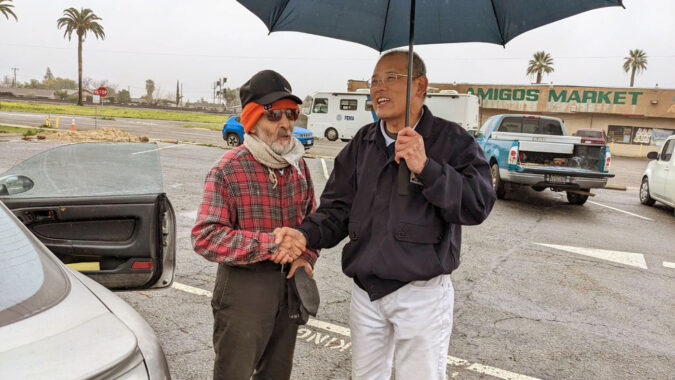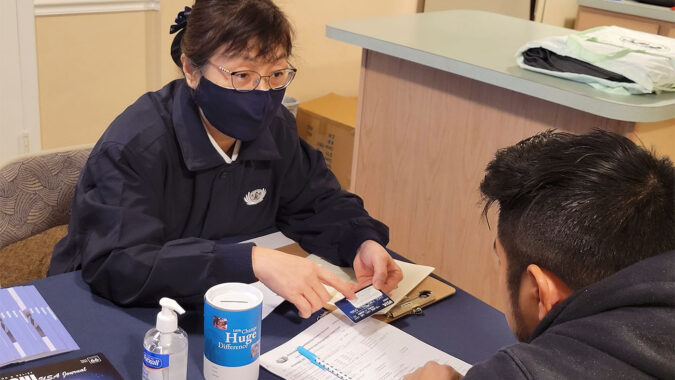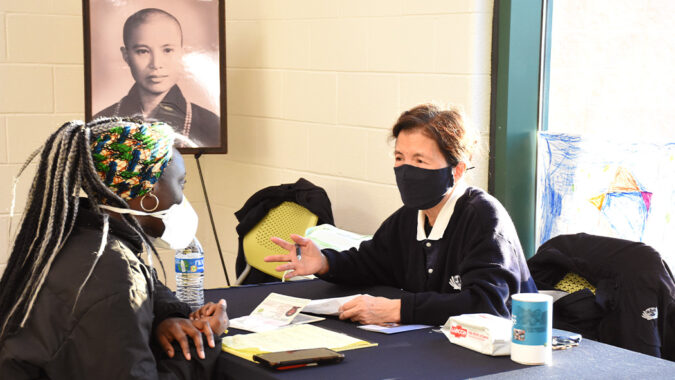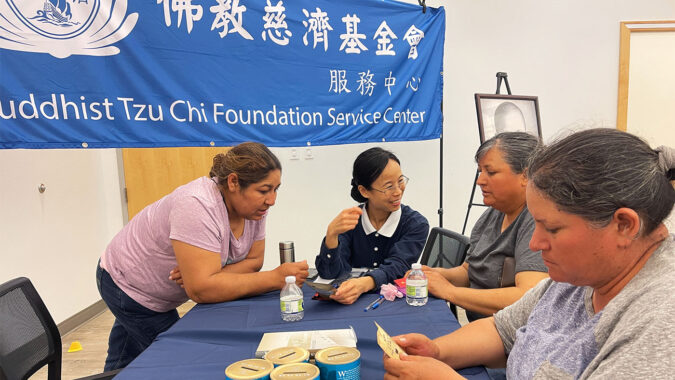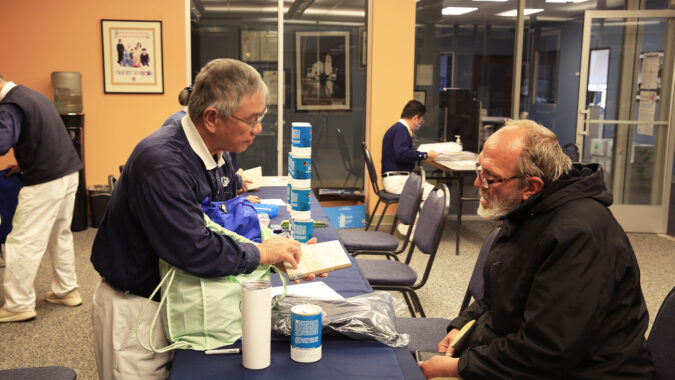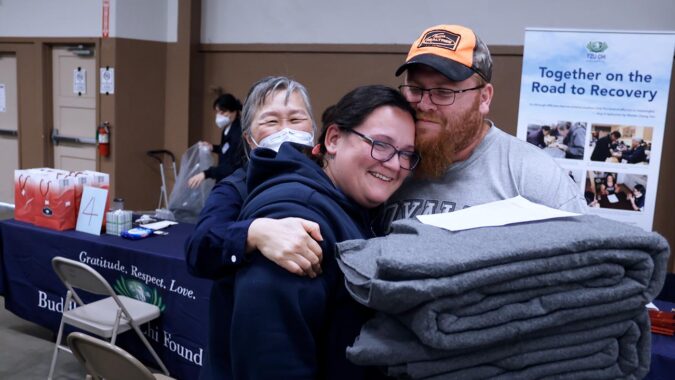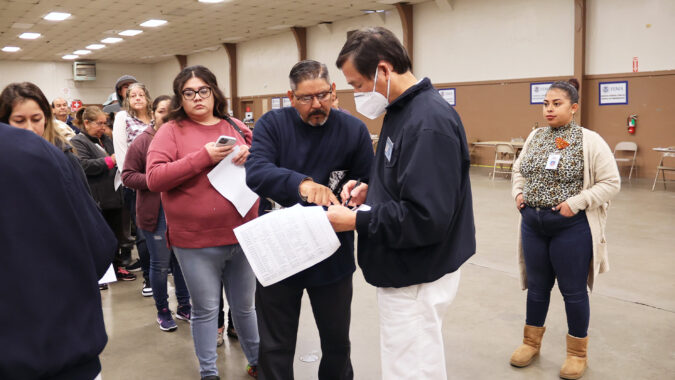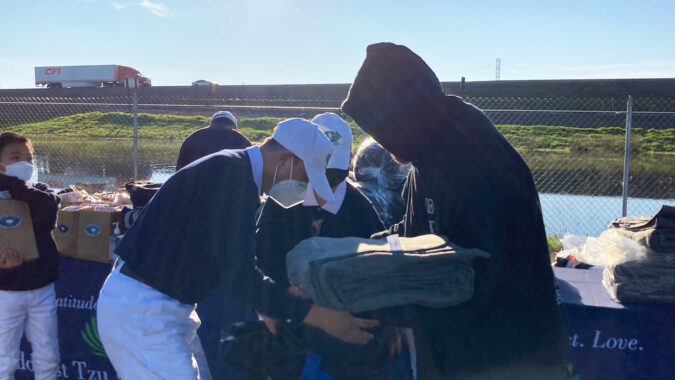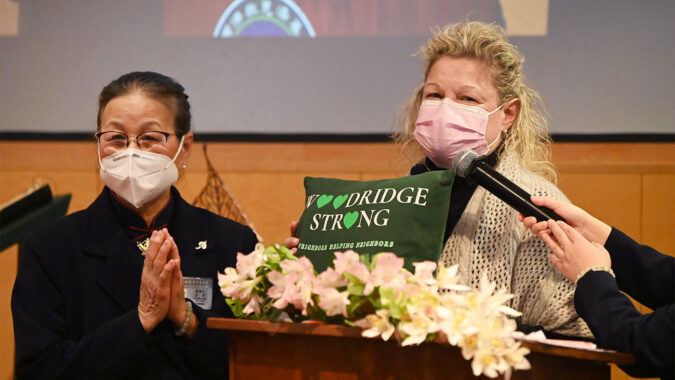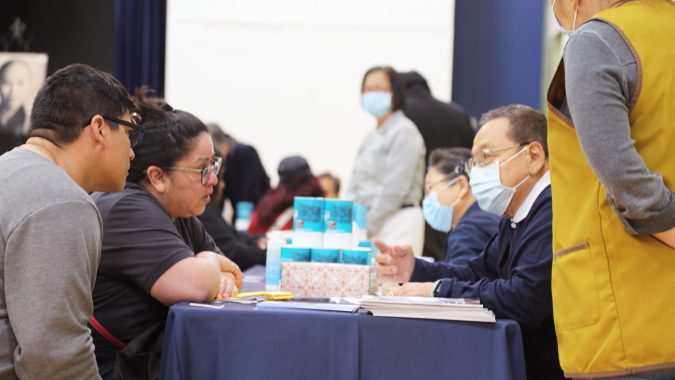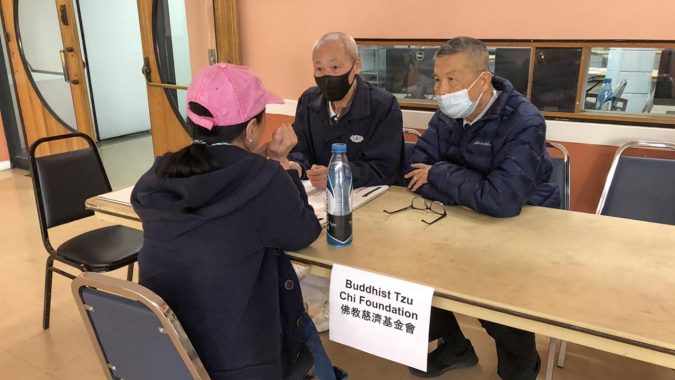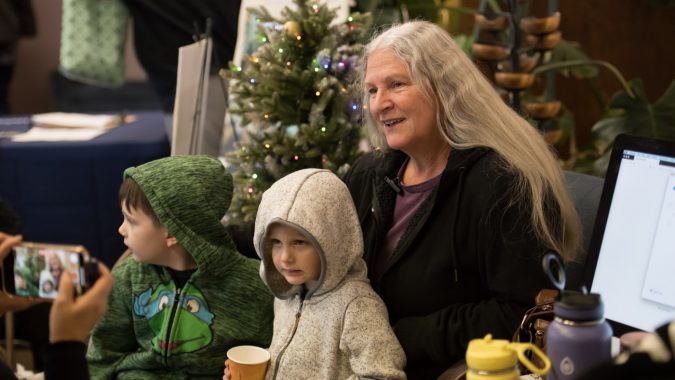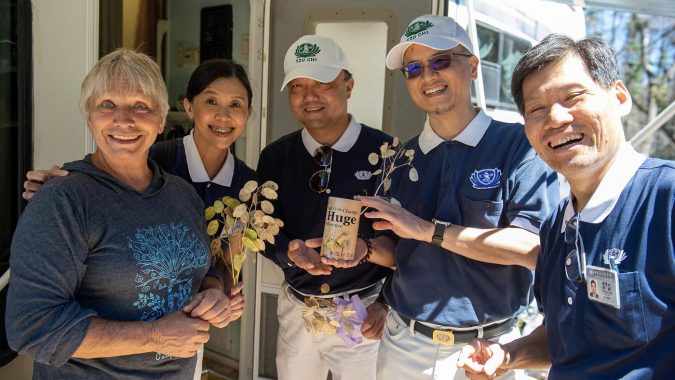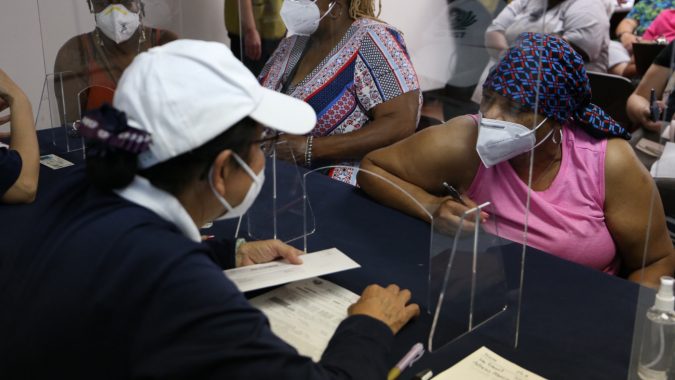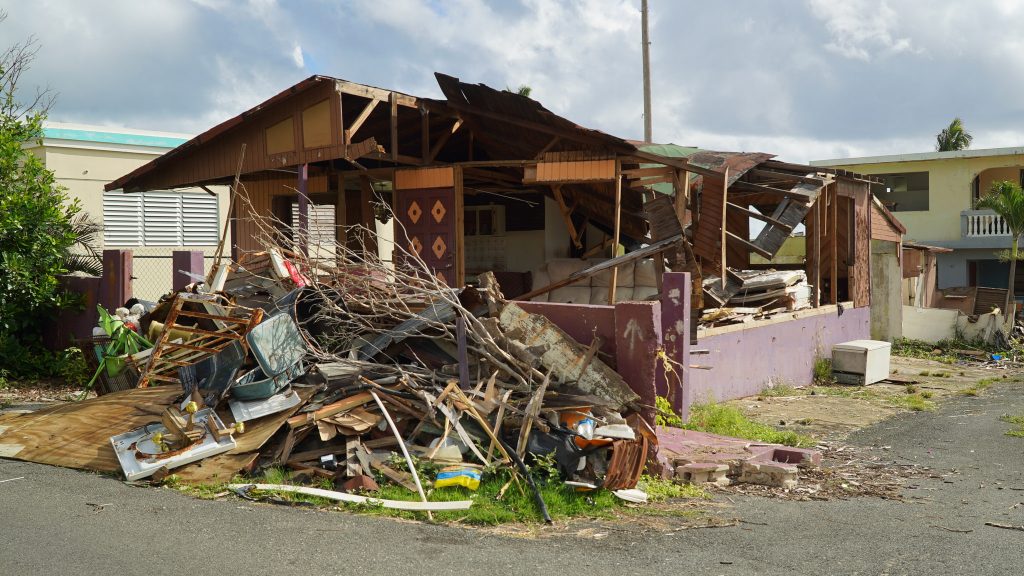
On September 20th, 2017, Hurricane Maria made landfall in Yabucoa, Puerto Rico, as a Category 4 hurricane, according to the National Hurricane Center, bringing maximum sustained winds of 155 mph. The hurricane left millions without power and clean drinking water. Tens of thousands were forced to evacuate as the devastating power of the hurricane bore down on the island. Four months after Hurricane Maria’s landfall, an unprecedented 40% of residents would still be without power.
Follow our mission here as we provide our care and support while striving to restore hope for those who desperately need it most. Join hands with Tzu Chi Relief to help us give direct and compassionate aid wherever there are people struggling.
January 24, 2018
For many in Puerto Rico, the road to rebuilding their lives after Hurricane Maria has been one of incredible hardship. Our aid is empowering Puerto Rico post-Hurricane Maria, as we provided emergency relief cash cards at a Panda Express in San Juan, and met with our partners at FEMA to set our plans in motion.
Our long-term goals for facilitating recovery include plastic waste management while striving to work with communities hand-in-hand to cultivate a brighter future.
This proves there are good people in the world, and we’re not alone.
Naomi Rodriguez, Care Recipient
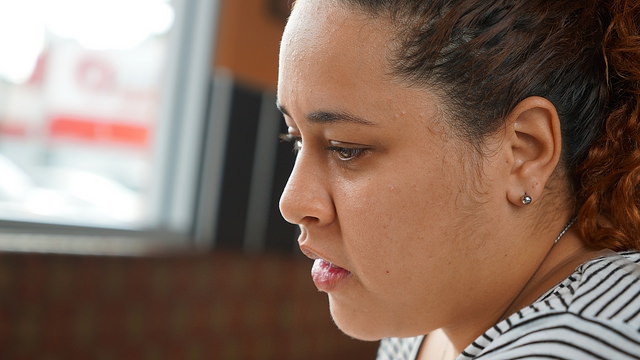
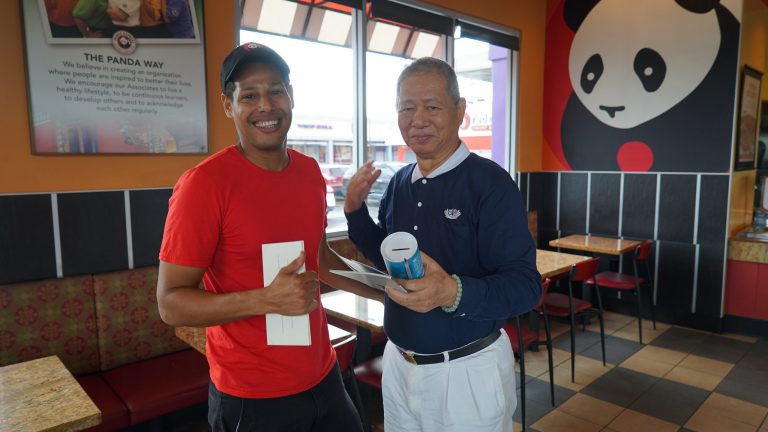
January 23, 2018
Our second day of post-Hurricane Maria assessment in Puerto Rico brought us to Yabucoa, where the hurricane made landfall four months ago.
Many locals still live in mixed shelters and struggle under the psychological burden the disaster left on their hearts and minds. Yet even more people have been forced to leave their lives behind, and relocate to other countries entirely.
The municipality of Yabucoa, once with a population of over 34,000, now is home to only four families. With no way to operate businesses and no power, life has become impossible without help from others.
I only have one neighbor right now. The others evacuated Puerto Rico. Take a look at the conditions here. We’ve had no electricity for four months.
Luis Colón, Local Police Officer & Care Recipient
We also met with a fourth generation fisherwoman named Jamari. Her home was left uninhabitable, and the hurricane killed much of the sea life that her livelihood relied on. Her parents were also left in a vulnerable situation – her father is blind and her mother is asthmatic. Jamari has been helping those who remain in the community in any way she can, but there’s still much to be done, and no electricity to help move things forward.
We continued providing emergency aid in the form of cash cards to affected individuals, like Jamari and Luis.
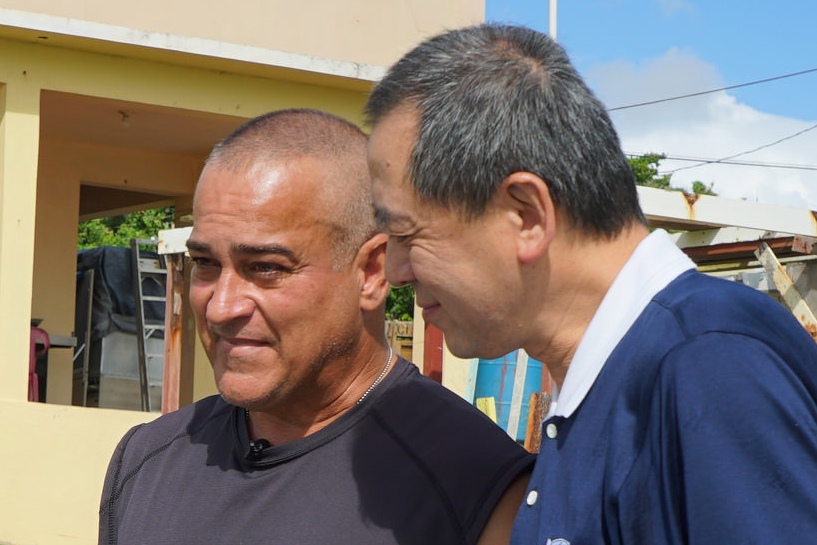
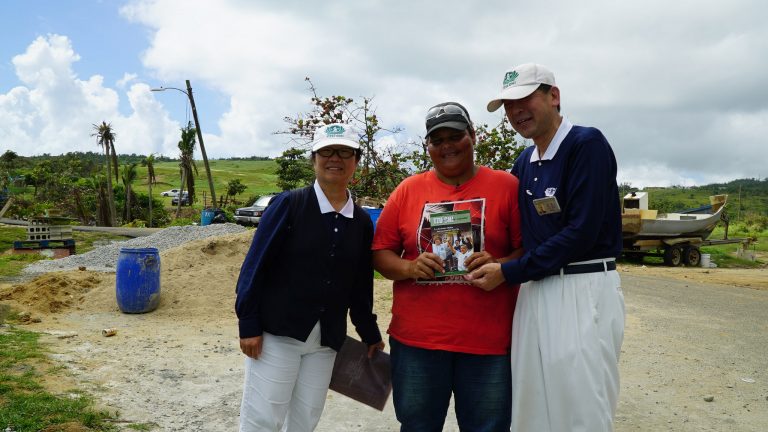
January 22, 2018
Working alongside FEMA, the American Red Cross, and Presbyterian Disaster Assistance, we have commenced our Hurricane Maria disaster assessment. Our team visited the largest Hurricane Maria shelter – Escuela Eugenio María de Hostos – in Canóvanas, to discover the situation of those most vulnerable. Four months after the hurricane made landfall, we’ve found that there are still 176 individuals living in mixed shelters.
We’ve also begun distributing emergency cash-cards to those impacted by the disaster in San Juan.
I was home when the roof flew off. I was rescued, but my house was totally lost.
Sonia Marrero, Canóvanas Resident
As the lack of clean water also poses an issue, Puerto Rico’s main source of drinking water continues to come from bottled water. Tzu Chi recycles plastic bottles into eco-friendly clothing and blankets, and in fact, the blankets we provide during our relief distributions are made from plastic bottles. During this mission, we will be exploring solutions for recycling the excess plastic.
We have already provided financial assistance, scarves, and blankets, to families who recently evacuated from Puerto Rico to New York due to the hurricane, the monetary aid totaling $18,600.
